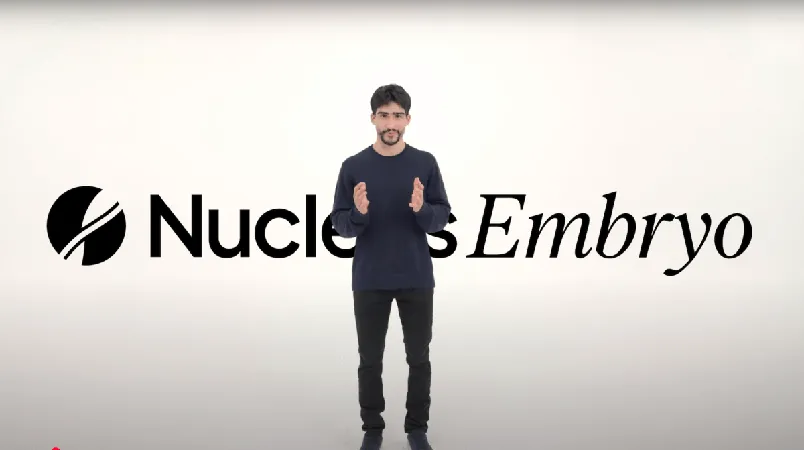
Is Your Constant Fatigue a Hidden Mini-Stroke? Here’s What You Need to Know!
2025-05-14
Author: Chun
Do you find yourself feeling unusually tired all the time? You might be more than just weary; a recent study suggests that a silent mini-stroke could be the culprit!
The Silent Epidemic: What is a Mini-Stroke?
Also known as a transient ischemic attack (TIA), a mini-stroke happens when there's a temporary blockage in blood flow to the brain, often lasting just minutes up to 24 hours. Surprisingly, over 240,000 Americans and around 45,000 Brits experience these each year—and shockingly, only one in 30 are aware that they've had one!
Symptoms You Might Overlook
The symptoms are often subtle and easily brushed off: muscle weakness, headaches, blurry vision, or even a drooping face. But what many don’t realize is that the fallout from these mini-strokes can leave you feeling drained for much longer than expected.
Groundbreaking Research Exposes Long-term Fatigue!
A recent study led by Danish researchers revealed that mini-strokes can result in fatigue lasting for up to a year. Dr. Boris Modrau, a neurology professor at Aalborg University Hospital, emphasized that after a TIA, the brain must compensate for the sudden disruption in blood flow, which can lead to energy drain and ongoing tiredness.
The Disturbing Statistics
Following 354 participants averaging 70 years old, researchers asked these mini-stroke survivors to report their fatigue levels at intervals. What they found was alarming: 61% reported increased fatigue just two weeks post-event, with half still feeling drained months later. Intriguingly, those who were fatigued were twice as likely to have a history of anxiety or depression.
Why This Matters
Although the study is observational and can’t definitively link TIAs to persistent exhaustion, it underscores a significant issue. Dr. Modrau advocates for healthcare providers to be vigilant about monitoring fatigue in mini-stroke patients in the crucial weeks following hospital discharge.
Recognizing the Signs of Fatigue
Fatigue isn’t simply feeling tired; it’s a persistent lack of energy that disrupts daily life, even with adequate rest. It manifests both physically and mentally—think muscle weakness, aches, concentration issues, and even emotional distress.
A Call for Awareness and Care
Dr. Modrau’s findings, published in the journal Neurology, illuminate the need for more comprehensive follow-up care for TIA patients. "Understanding who may struggle with long-term fatigue could lead to better support and treatment strategies," he concluded.
If you or someone you know has experienced symptoms of a mini-stroke, it may be time to seek help—not just to address immediate health concerns but to ensure long-term well-being. Don’t let hidden health issues drain your energy!



 Brasil (PT)
Brasil (PT)
 Canada (EN)
Canada (EN)
 Chile (ES)
Chile (ES)
 Česko (CS)
Česko (CS)
 대한민국 (KO)
대한민국 (KO)
 España (ES)
España (ES)
 France (FR)
France (FR)
 Hong Kong (EN)
Hong Kong (EN)
 Italia (IT)
Italia (IT)
 日本 (JA)
日本 (JA)
 Magyarország (HU)
Magyarország (HU)
 Norge (NO)
Norge (NO)
 Polska (PL)
Polska (PL)
 Schweiz (DE)
Schweiz (DE)
 Singapore (EN)
Singapore (EN)
 Sverige (SV)
Sverige (SV)
 Suomi (FI)
Suomi (FI)
 Türkiye (TR)
Türkiye (TR)
 الإمارات العربية المتحدة (AR)
الإمارات العربية المتحدة (AR)